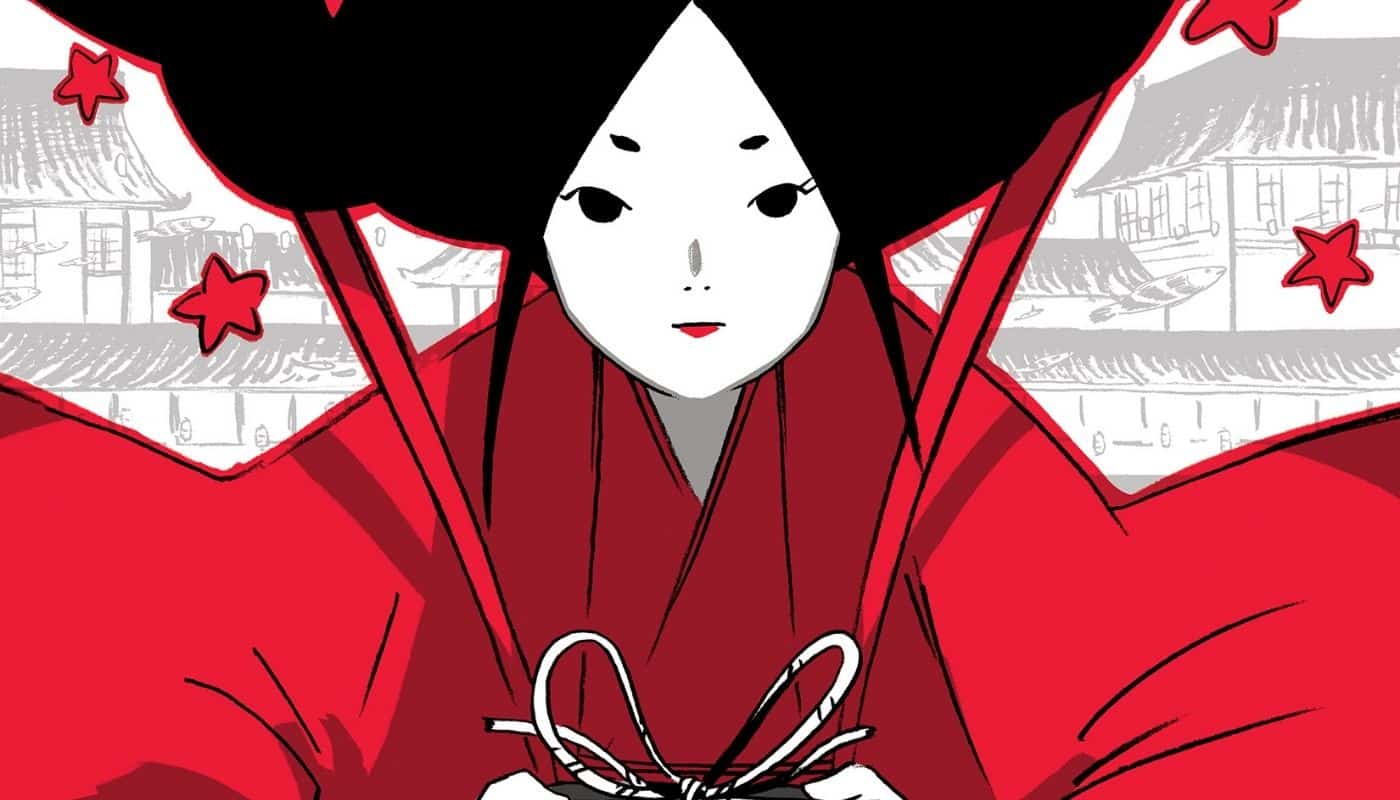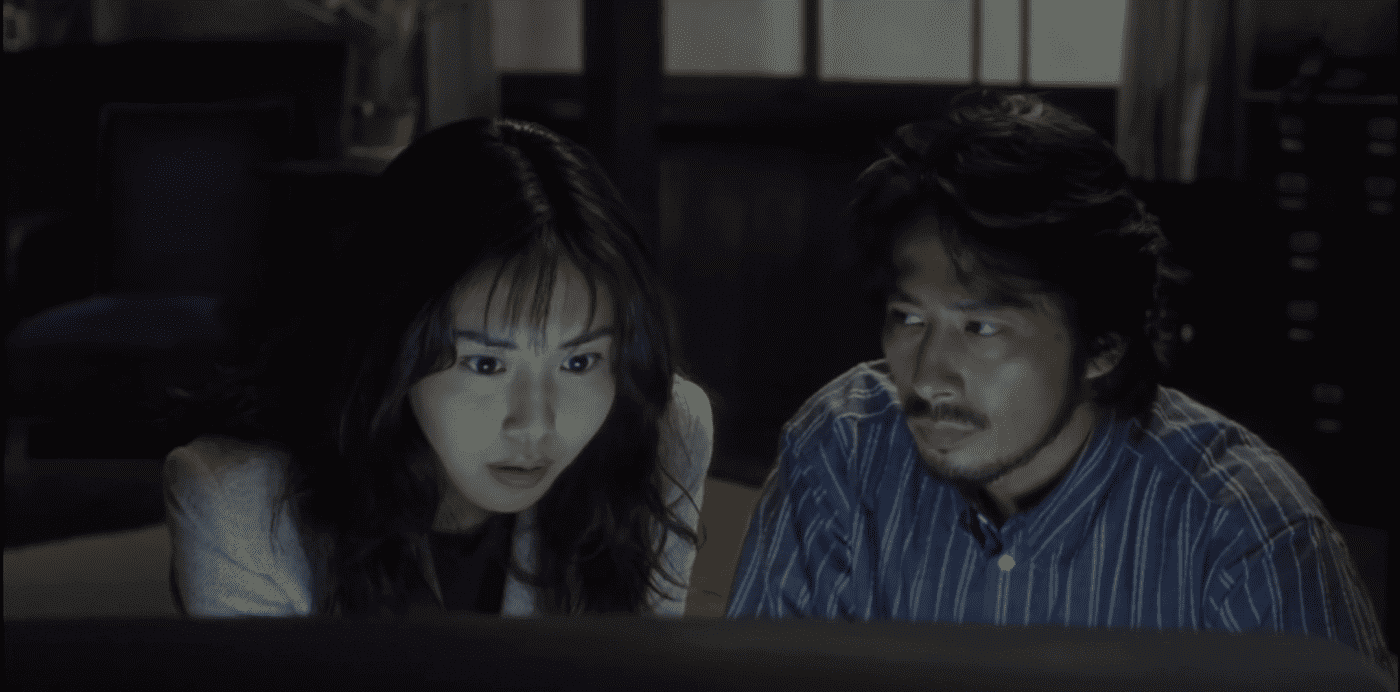With the support and sponsorship from the Ministry of Culture as well as the Taipei Representative Office in Germany, the 4th Taiwan Film Festival Berlin will be hosted between 20 and 29 August, screening a total of 16 film works divided into four sub-categories. Among them, ‘Living the Mountain and the Sea' is the opening and closing theme which starts with Whale Island, and finishes with a documentary Searching for Taromak: Land of Warriors and an animated short film Taromak Eco-logy and Millet-ology. Through rich and exquisite images of the inherent diversity in the mountain forests, this sub-category describes the interactions between Taiwanese people and nature and thus provides a fresh perspective for our European audience to experience Taiwan.
The central theme for this year's Taiwan Film Festival Berlin is ‘Portraits of Taiwanese Diversity' which aims to present a variety of life philosophies and cultural outlooks- from the coast to the plain, from high mountains to the distant islands- where Taiwanese people live and think.

As curator Jaye Lin powerfully puts it, ‘Under such difficult circumstances brought by the pandemic, we ought to stop looking afar but rather, focus on the peoples and events happening right now and rediscover Taiwan's unique personality, as well as the inherently close connection between man and nature.' The selection of nature films also echoes the current heightened attention in the EU to climate changes and policy development, calling for more actions on energy saving and emission reduction. Impression Taiwan hope to take their Taiwanese and European audiences jointly on a tour to directly witness the richness, beauty and energy of Taiwan. They also urge viewers to embrace the respectful attitude eco-workers pay towards the sea and mountains in their films and their humble stance facing nature, in order to appreciate all kinds of blessings from mother nature.
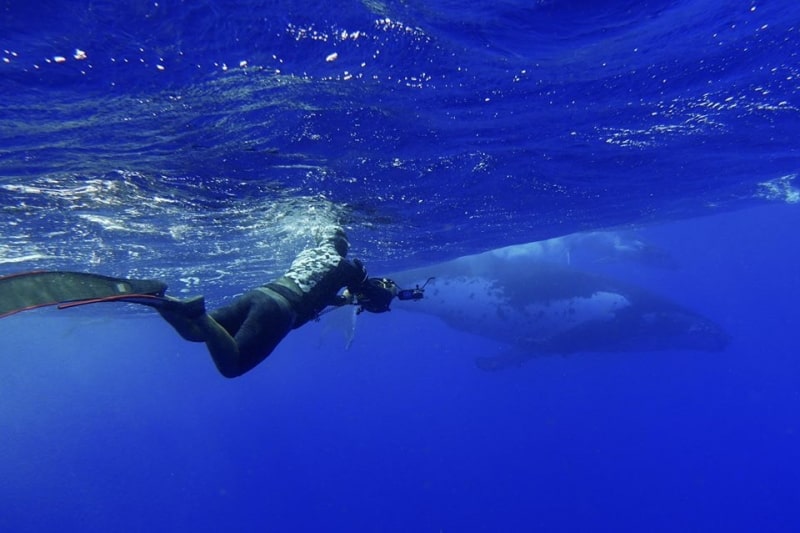
The opening film is Whale Island– a documentary directed by Huang Chia-chun. The film features naval author LIAO Hung-chi and Taiwan's first-ever underwater whale videographer Ray CHIN and records their everyday details and stories while they live and work on the sea. Spending as long as three years of filming and producing, the film work not only highlights the urgency of the issues surrounding our cohabitation with the sea but also invites us into the two sea experts' lives, showing how these men alternate between various roles while attempting to find self-realisation and balance in life.
Whale Island entered three awards at the Taipei Film Festival and won the Best Press Award; it has also been highly acclaimed on various international film festivals: Hong Kong Asian Film Festival, Asiatica Film Festival, Maui Film Festival, Asian Pop-up Cinema in the U.S., Nice Film Fest International in France, as well as Singapore Chinese Film Festival. Upon the invitation to open Taiwan Film Festival Berlin 2021, director Huang expresses his thrill: “I am very glad to show Taiwan's stories to an international audience so that they can really get to know Taiwan. For our European or German friends, the sea would be a naturally intimate and familiar concept in their lives, yet for Taiwan- an island country- the sea seems distant and unknown. There are no borders on the sea, which means there are always opportunities and hope out there as long as we are willing to step out; just like the sea, cultural exchanges in films are also borderless and boundless. I hope that everyone will all get a chance to visit Taiwan one day and travel around the sea with us.”
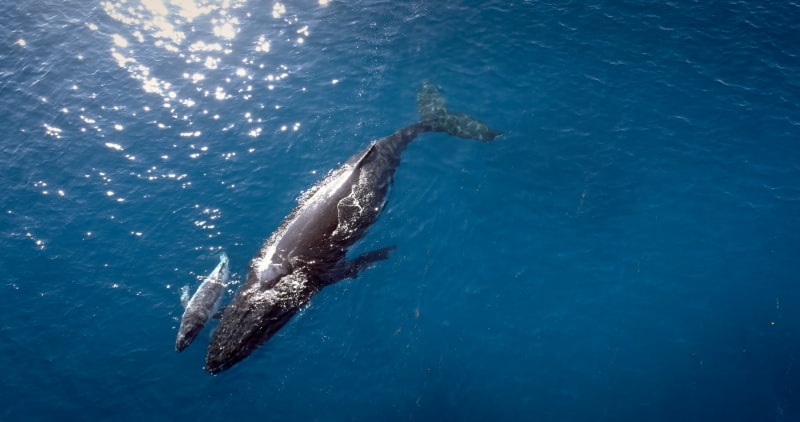
They have also designed a special screening to conclude this year's festival. Before showing the documentary film Searching for Taromak: Land of Warriors, the short film- Taromak Eco-logy and Millet-ology will be shown to you as preludes, illustrating the Taromak spirit through exquisite images and emotional experiences and immersing you in Taromak traditions that are passed down between generations.
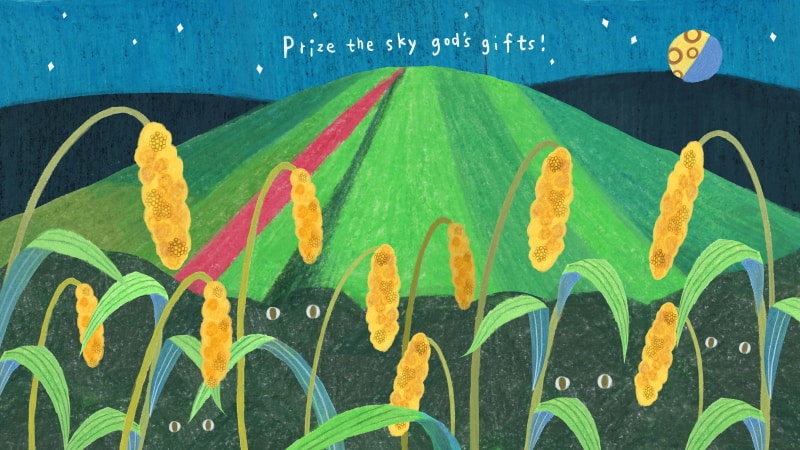
Taromak Eco-logy and Millet-ology
The animated short film Taromak Eco-logy and Millet-ology produced by Seed Design divides into two parts. Firstly, the Taromak Eco-logy outlines the eco-logy based on plants and animals by mountain people, which indicates that all flowers, plants, birds and beasts are amulets bestowed by ancestral gods; the pulses of all living beings, including humans, are closely connected as if they were all related as family members; only those who strictly adhere to the rules can fathom the wisdom passed on by the ancestral gods. Secondly, Taromak Millet-ology begins with the traditional food ‘Abay', revealing the golden secrets wrapped in shell ginger leaves. Through the use of the rice grains, we also catch a glimpse of how the tribe perceives and treats the mountain forest and living beings. Young men at the sacrificial ceremonies strive through trials to become warriors, and take their loved one's hands to carry on their happy journey; while wrapping the ‘Abay', they are also blending in the Millet-ology myths as well as the mystery of life. As traditions continue, the consideration and re-consideration of the co-existence between man and nature never cease.
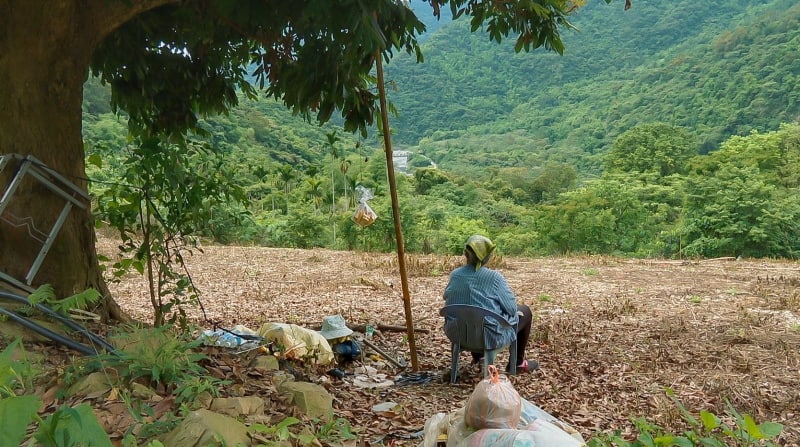
Searching for Taromak: Land of Warriors
Liao Shih-han, director of Searching for Taromak: Land of Warriors, has always paid special attention to local issues in Taiwan. After impressing the audience with The Rope Curse and The Paradise, he moves his lenses towards thorny issues around indigenous people. Taromak is a traditional Rukai tribe located in Taitung; the name's original meaning is ‘the place where warriors live'. Taromak's very first community was built more than 300 years ago. An unfortunate fire in 1969 caused severe casualties and destroyed many buildings and cultural relics. In recent years, the tribe has carried out reconstruction of historic buildings and encouraged the inheritance of traditional handicrafts. At the same time, it has been actively preserving ethnic culture through traditional rituals and ceremonies; in particular, the annual weeding ceremony, harvest ceremony and swing ceremony all use the millet as the core of the ritual to unite the tribe into one coherent unit. This film records in detail how chieftain Gu, caught in the change of generations, unites the tribe's forces, traces the root of the millet culture, and faces the challenges in passing down traditions and cultures within the tribe. In the sustainable spirit of ‘consume within limit', he attempts to reconnect the spiritual link between the land and its residents, which naturally turns into a captivating story. In July 2021, Searching for Taromak won Best Documentary Feature at New York Film Awards.
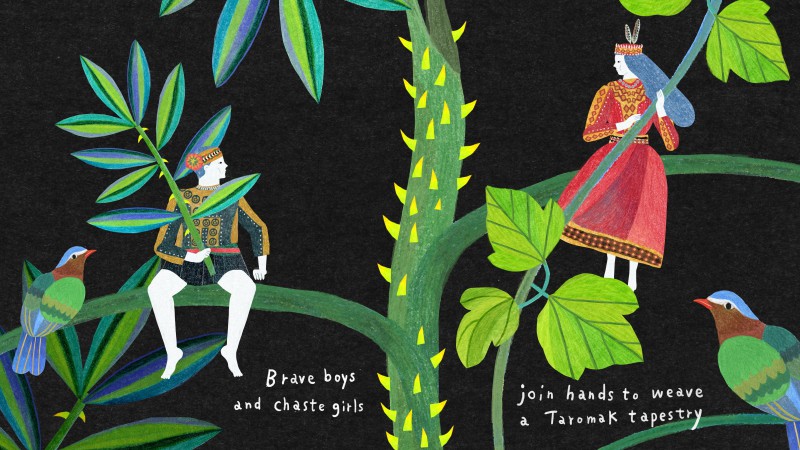
The documentary Searching for Taromak as well as the animated short films Taromak Eco-logy and Millet-ology are produced by the Forestry Bureau of the Council of Agriculture, developed by Taiwan Good Food Association, and designed by Nineshot Film and Seed Design.
This year's Taiwan Film Festival Berlin presents a straightforward ‘one ticket for all' system. With a purchase of the ‘7-Day Film Festival Pass', you can enjoy unlimited viewing of our 15 hand-picked films throughout the whole 7 days of the festival. Pre-sales start on August 1 on Vimeo; Early Bird tickets (from August 1 to 19) cost 12 Euros each; standard tickets (after August 20) cost 18 Euros. Unfortunately, we do not offer tickets to any single film. Every film has English subtitles, we welcome as many international film enthusiasts in Germany as possible! For more information about the festival, please check out our latest updates.


